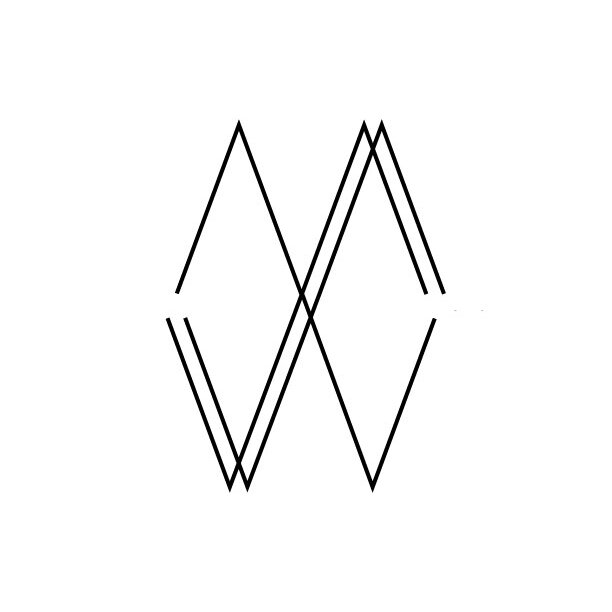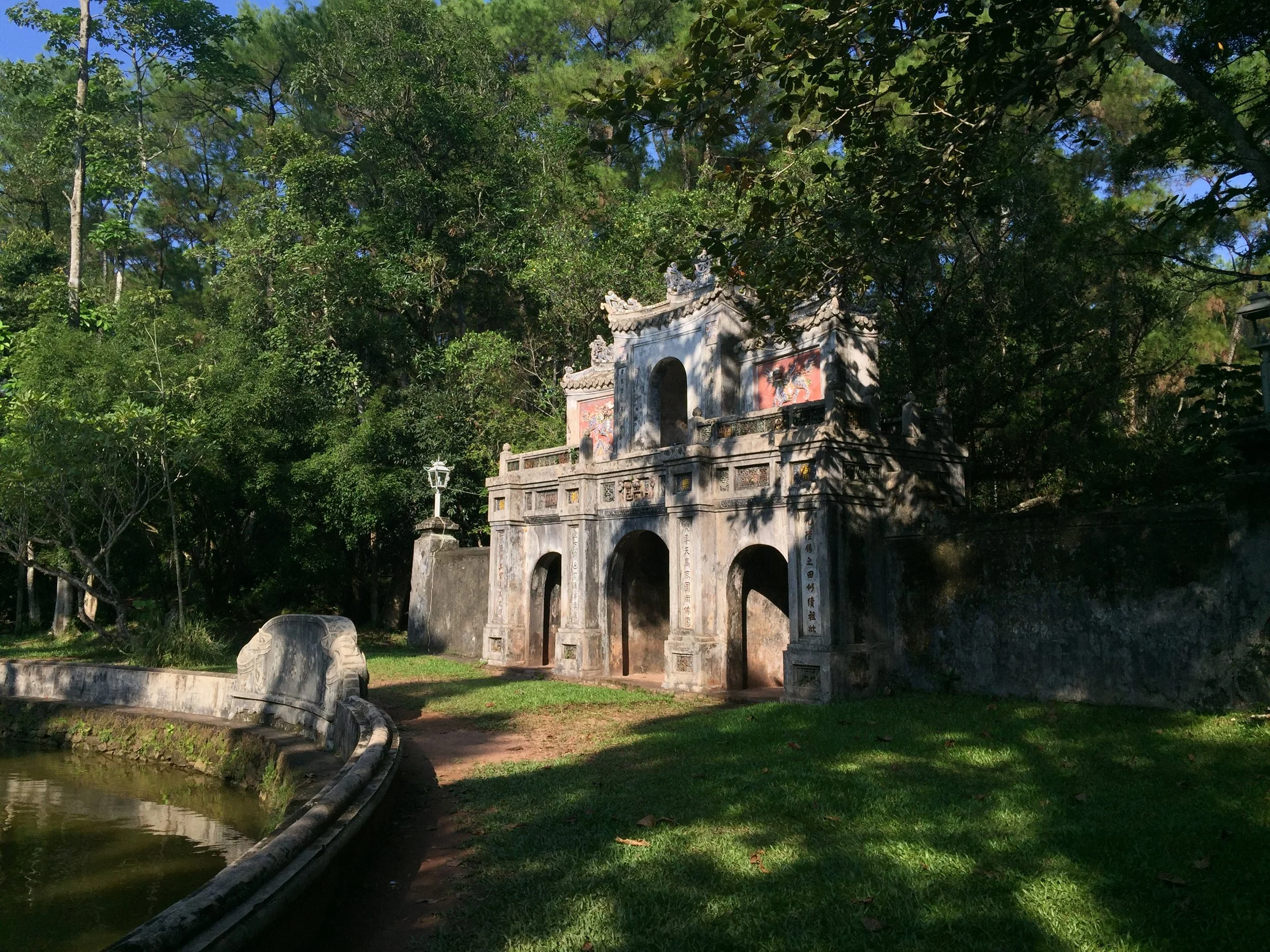The Stories We No Longer Carry
Take a moment to read the philosophy behind Coucou Home. If you connect with it, then sign up for my monthly newsletter.
The root temple of Thích Nhất Hạnh in Hue, Vietnam.
The journey from packing the contents of my life in a moving van to needing only two suitcases for a move abroad is long and winding. It’s telling that those two suitcases are the equivalent of what I first brought with me as I left my childhood home.
Full disclosure: There’s a 50 square foot storage unit filled with things that define the "me" of my past. A year ago, when I moved my storage from Atlanta to Tampa, I found myself transported opening box after box. First to Costa Rica, via a technicolor ceramic bird. Then to Greece, via smooth marble stones. And eventually, to the book store I worked in for nearly a decade via the hundreds of books I collected, each signed by their author. In the span of the morning, I revisited countless shores of friendships and places I called home.
Commodities comprised the bulk of the four suitcases I first brought to Vietnam. Packs of deodorant, grits, quinoa, adobo spice, vanilla, cornmeal, face wash (sans whitening, because that’s the only kind you can get here), nail polish, shampoo, make up, and other things that in America Amazon can deliver in an afternoon. Had a customs official inspected my suitcase they would have assumed I was planning on opening a corner bodega.
In Vietnam, I was conscious of the things I acquired. I bought a pair of Barack and Michelle Obama paintings. A personalized calligraphy scroll for New Years. Vietnamese mulberry paper for suminagashi printing. A handmade coffee mug in the blue ware style of Bat Trang. From friends, I received sentimental things. A cloth mat in the indigo shade the defines table setting. A framed four-leaf clover. A carved wooden owl.
As we disassemble our current home, I marvel at the excess of the commodities, the stuff I was worried I would run out of and now have no room for packing. If we had a more stationary life, that stuff would accumulate. You know, bags of mini-shampoos, baskets of socks, cabinets erupting with plastic ware. We’d move it to our garage. Give it a label for the one day we might need it until we don’t—and then hire a removal company to rid us of the things that symbolize our growing fear of not having enough.
“By keeping only the things in our lives that tell a story, we are freer to be more human. ”
There must be a correlation between the day people stopped asking their neighbors to borrow sugar and the rise of garages for storage of stuff other than cars. I do remember “borrowing” sugar. I also remember growing up in a minimalist home. Things have changed. My parents no longer borrow sugar, and their closets are filled. (To be fair, they do contain my more personal things, but they also one brother’s sneaker collection.)
Alan Watts and others like Eckart Tolle and Vietnamese monk, Thích Nhất Hạnh, have written extensively on the Zen principle of the here and now. In Asia, living in the here and now, that is to say, being in the moment, might explain why time often seems to stand still, moving the way molasses does from a jar. Foresight is a skill that defines the Occidental mind, but it also limits us. Going to get the sugar as a kid when we ran out because my parents were very much living in the moment with their six kids, allowed me to connect with my neighbor, and taught me what it meant to share.
The excesses of our lives have reduced the practice of living in the here and now, which reduces feelings of fear, anxiety, and depression, and the possibility of deeper relationships through the practice of sharing. By keeping only the things in our lives that tell a story, we are freer to be more human.
Coucou Home is a place to feel refreshed, find heart sustenance, and heal your spirit. For this reason, it will always be ad-free. If you enjoy my work and value creativity in the world, please consider becoming a patron by making a donation in any amount. Your support is greatly appreciated! Thank you!

